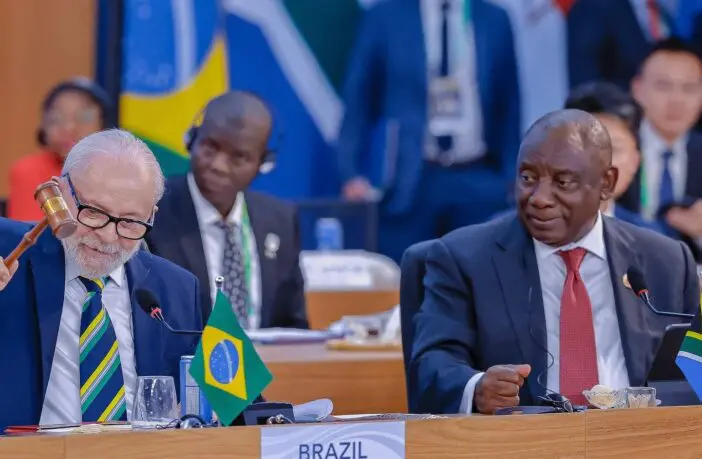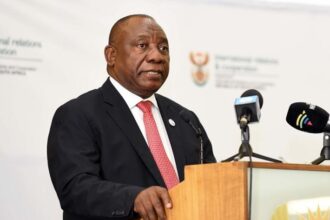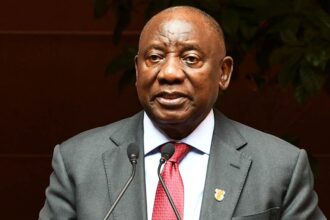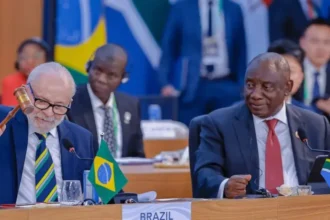South Africa has officially taken over the presidency of the G20, becoming the first African nation to lead the global economic bloc. President Cyril Ramaphosa accepted the baton from Brazilian President Lula da Silva at a ceremony in Rio de Janeiro on Tuesday, pledging to prioritise inclusivity and elevate the voices of civil society throughout the year-long programme.
A Historic First for Africa
This marks the first time the G20’s presidency will be hosted on African soil, making it a landmark occasion for the continent. Ramaphosa promised that South Africa’s leadership would reflect the values of participation and inclusivity. Speaking to G20 leaders, he emphasised the importance of engaging civil society, which he described as a “bridge” between policymakers and the broader public affected by their decisions.
A Vision for Inclusive Leadership
In his acceptance speech, Ramaphosa praised President Lula da Silva for his focus on social and civil society inclusion during Brazil’s presidency. He vowed to continue this legacy, stating:
“It is important that ordinary people should feel that they are invested in issues that are affecting their lives and future and that they are made to be part of the process that determines that future.”
Ramaphosa also commended the G20 for adopting the summit’s final declaration, highlighting the value of cooperation despite differences among member states. He called this approach a testament to the G20’s founding principles of collaboration and collective progress.
A Platform for South Africa and the Continent
The G20, which includes 19 countries, the European Union, and the African Union, is the world’s premier forum for international economic cooperation. South Africa’s presidency is set to host over 130 meetings across the country in 2024, providing an opportunity to showcase local and regional initiatives.
The presidency will also focus on projects aligned with the United Nations’ Sustainable Development Goals (SDGs), aiming to highlight progress in areas such as poverty alleviation, clean energy, and education across South Africa’s provinces.
An Opportunity for Growth and Global Impact
South Africa’s leadership of the G20 is seen as a critical moment for the continent to influence global policy decisions. By prioritising civil society inclusion and sustainable development, Ramaphosa hopes to create a presidency that resonates with both global leaders and the people directly impacted by their decisions.





![A worker checks labelling of bottles of beer at the production line of Dutch brewer Heineken factory on June 7, 2011 in Schiltigheim, eastern France, during an official visit announcing the group's goals for sustainable development, by reducing the amount of glass in some beer bottles' production, and lowering by 20 percent the energy needed at its Alsacian factory. [Photo by PATRICK HERTZOG/AFP via Getty Images]](https://myvirgo.co.za/wp-content/uploads/2026/02/heineken-plant-150x150.jpeg)






